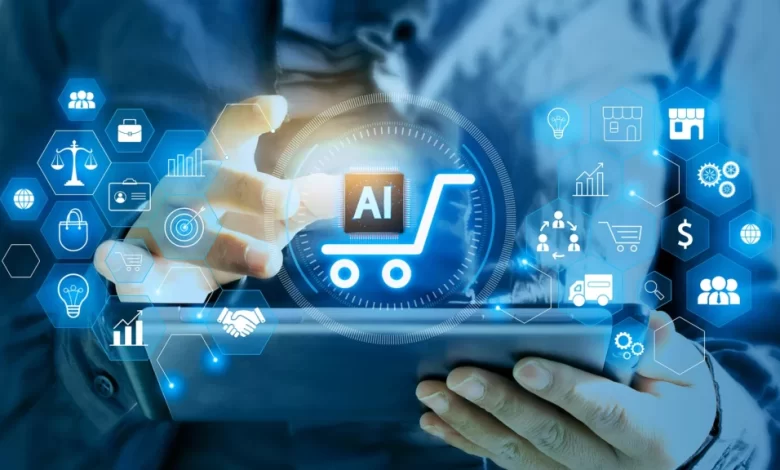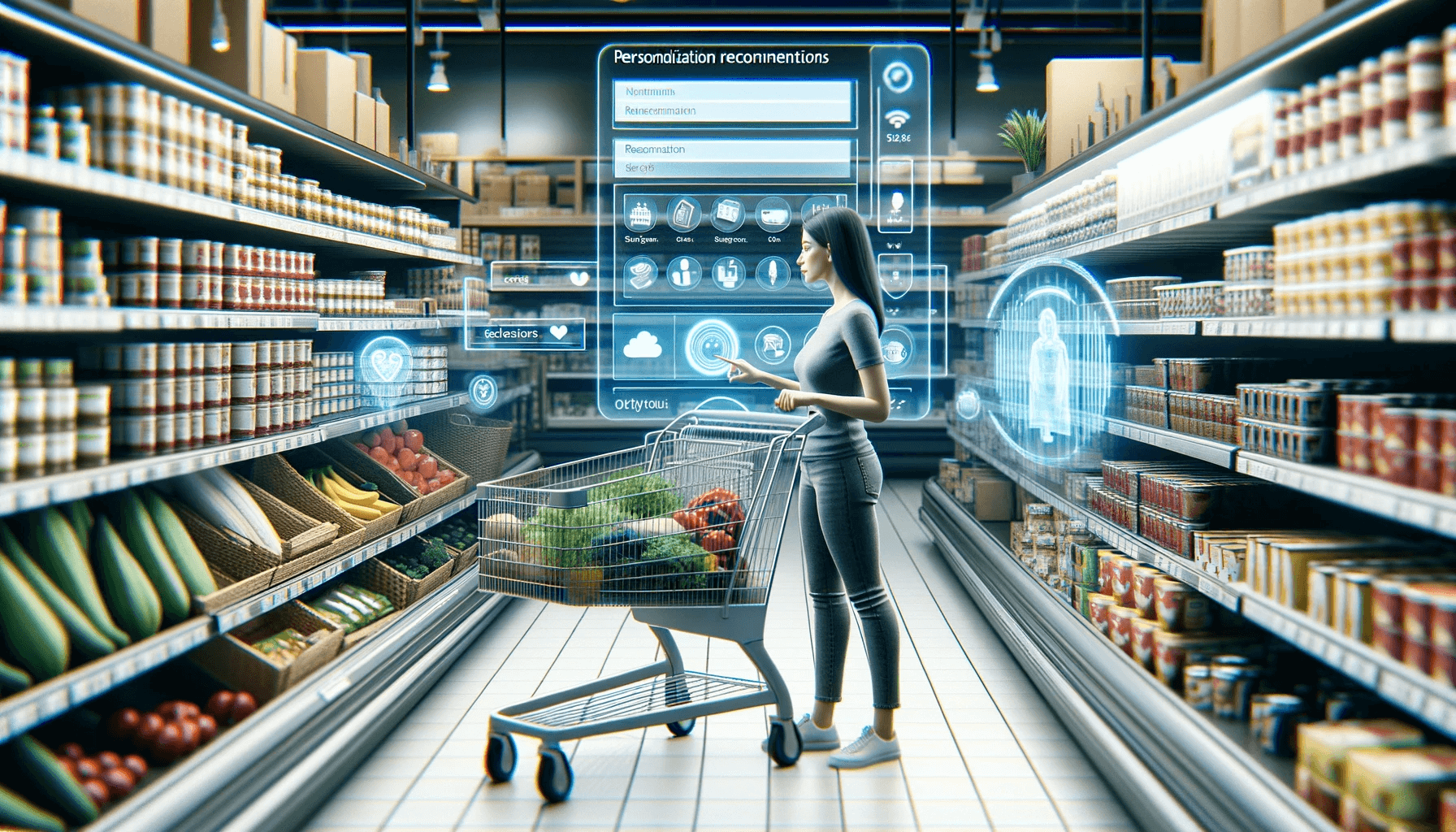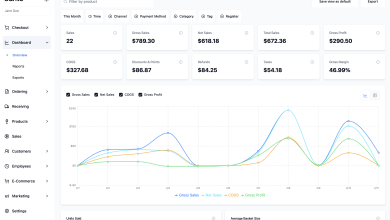
You might have once browsed through a shopping site and had the feeling that it was created especially for you. In other words, we call it personalization, which may look like magic for online shoppers. Personalization is getting better with the use of artificial intelligence, giving users an experience that is based on both their actions and personal tastes. But AI is not a simple set of chips and algorithms behind the screen, rather it uses large volumes of customer data and analyzes it with strong algorithms that are powered by machine learning and other smart technologies.
Today, businesses are starting to recognize how AI is changing the whole market, from dynamic content to personalized recommendations. The field of AI-enabled eCommerce is, after all, expected to develop at a 15.7% CAGR over the following eight years, to reach $16.8 billion by 2030.
Now take a seat back, grab a cup of tea, and get ready to explore the world of personalized marketing and shopping enabled by AI, and particularly empowered by generative AI!
AI’s Impact On Personalized Shopping
AI helps retailers do business better in so many ways. First, it has access to a ton of data, including recent buys, browsing habits, demographics, and even interactions on social media. This allows it to provide personalized marketing, as well as find and connect with freshly identified consumer segments.
Retailers will be able to better comprehend a customer’s desire to carry out a particular action—complete an order, pick a certain shipping option, abandon their shopping cart, etc.—thanks to AI and ML. These powerful AI algorithms allow traders to fully automate operations that will result in improved and more individualized shopping experiences by using this detailed information in addition to already-existing first- and zero-party data.
The e-commerce sector is undergoing a continuous transformation with AI, and subscriptions are not immune. Subscription services might be one of those accelerators for up-and-coming industries, but it keeps redefining what a modern consumer is and adapting to the tastes of its subscribers. AI-powered subscriptions are more personalized and reduce customer churn. Once more, machine learning algorithms can figure out when customers are about to terminate their subscriptions, examine the causes behind this behavior, and take proactive measures, like providing incentives, before this happens.
AI-Powered Visual Search
Many Pinterest users believe visual search helps them develop their aesthetic and style. This is understandable since you might sometimes see something you want, but when you go online to look for matching or exact things, you can’t locate it, so you give up, frustrated. However, with a visual search, all you need is an image you might have downloaded from Instagram or the likes. Your search engine then finds the product and some alternatives that you can consider too.
The visual search features seen on several social networking and e-commerce websites serve as an example of the value of this technology. For example, Google and eBay offer picture search capabilities, Pinterest has Lens, and Amazon once offered Spark (which was later withdrawn). So, AI can identify similar items from a retailer’s collection by analyzing the visual qualities of a picture, which makes it easier for customers to find exactly what they’re looking for.
Personal AI Stylists
We are entering a future where your buying experience can be curated by a personal AI stylist. This assistant will understand your preferences for sizes, colors, and budgets. It will also give targeted recommendations on the latest releases and do all the bargaining for you. It evolves alongside you over time, learning your preferences. The more you use it, the better it recognizes you as a distinct individual. Soon, this AI helper feels like a trusted friend, offering highly personalized advice and not simply a faceless brand algorithm.
Brands like Levi are already experimenting with early prototypes of these AI assistants for customer support. The technology is at our fingertips, we need only embrace it. It will not be long before AI helpers will serve as our very own shoppers, fashion designers, and product experts across companies and platforms.
Chatbots
And just when you thought things couldn’t get any better, here come AI shopping bots! Truth be told, they’re about to change the retail game. Take the example of the typical customer service business – all those repetitive questions, helping people find the exact thing they’re looking for… wouldn’t it be awesome to have that taken care of automatically? That’s where AI bots come in! They free up your team to handle the really tricky issues, where that human touch matters.
Final Thoughts
The retail industry has changed thanks to the use of AI in personalized purchasing. AI enables retailers to gain a detailed understanding of their customers through smart algorithms and data analytics, resulting in customized suggestions, individualized experiences, and reliable support for customers. So, customers stay happy and satisfied with their entire experience, and businesses can also grow their sales and revenue with AI-driven personalization.
To guarantee that personalized purchasing stays ethical as well as inclusive, it will be necessary to address privacy, data security, and algorithmic bias concerns that AI can present. As long as those issues are taken into consideration, AI has the potential to significantly improve personalized shopping experiences in the future.








